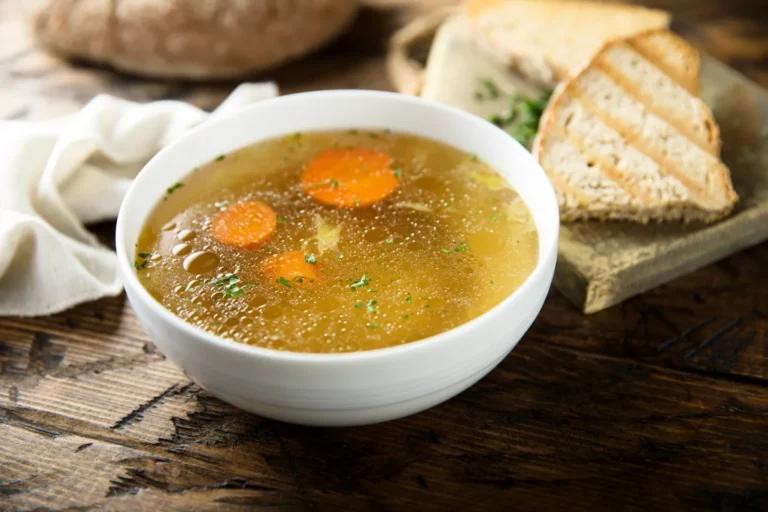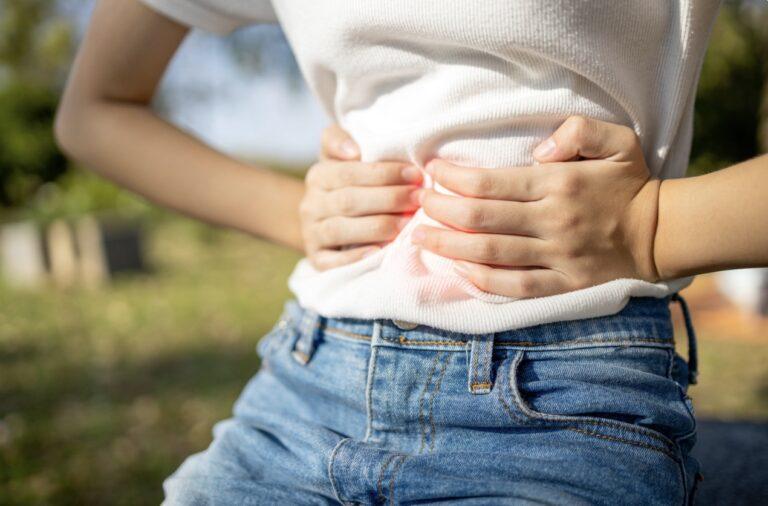

December 22, 2025 (Current Version)
September 17, 2025
March 28, 2025
If you’ve ever experienced a bout of diarrhoea and vomiting, chances are you’ve had gastroenteritis. Norovirus, which causes diarrhoea and vomiting is one of the most common stomach bugs in the UK but has no specific treatment. An attack of vomiting will generally subside 6 to 24 hours after it starts but can be a terrible experience that can leave you feeling drained, dehydrated and in need of replenishment. After vomiting, your body needs nutritious foods and fluids to help you recover. In this blog post, we’ll discuss some of the things you should do after vomiting and some of the best foods to eat after vomiting.
Eat Simple Plain Foods
After vomiting, you should start with simple, small and frequent meals foods that are easy to digest. These could be foods like toast, crackers, bananas, rice or applesauce. These foods are known for their bland taste and easy-to-digest properties, which make them the perfect foods to eat after vomiting. They can also help to settle your stomach and prevent you from feeling nauseous. You should avoid eating spicy or greasy foods as they can worsen your vomiting. Cold foods tend to have less smell than hot foods and may therefore be better tolerated. Salty foods, such as crisps may help reduce nausea.
Plenty of rest
After a bout of vomiting, the body needs time to rest and recover. Rest is essential because vomiting takes a lot out of us. It can leave us feeling weak and drained. During vomiting the stomach muscles and other muscles surrounding the abdomen contract vigorously, leaving us feeling sore and tired. We must give ourselves time to recover from the experience. Enough rest will give the body a chance to replenish its fluids and regain strength. Therefore, plenty of rest allows us to recuperate and makes it easier for our system to get back to its normal state.
Plenty of Fluids
One of the biggest risks of vomiting is dehydration, therefore drink plenty of fluids. Water is the best choice and should be taken in small sips to avoid overhydration. Dehydration can be a serious condition, so it is important to stay vigilant. It is important to recognise the signs of dehydration in your body:
- Dry mouth or throat, which can cause difficulty in swallowing even saliva
- Thirst
- Decreased urine output
- Sunken eyes
- Dizziness or lightheadedness
- Fatigue or confusion, as these can also be signs of dehydration
If you want to avoid water, other viable options include cordials (not sugar free) and non-fizzy drinks. Special rehydration drinks made from sachets bought from pharmacies can be used if you have signs of dehydration. Do not have fruit juice or fizzy drinks as they can make episodes of diarrhoea worse. Ice lollies can be useful with young children to replenish fluids. The aim is to keep your fluid intake high,
Avoid Dairy and Spicy Foods
After vomiting, avoiding dairy and spicy food is important as it can impair your digestion. While it’s essential to replenish your body with the right foods after vomiting, it’s also crucial to know what foods to avoid. Dairy products, spicy foods, and acidic foods such as citrus fruits are likely too harsh on your stomach after vomiting.
Ginger
Ginger is known to have many health benefits one of which is calming the digestive system (antiemetic properties) that can help reduce nausea and vomiting. There are various ways you can consume ginger; ginger tea, ginger biscuits or ginger root to ease the stomach. Ginger also has anti-inflammatory properties that can reduce the inflammation of the stomach lining, speed up digestion and prevent bloating.
Bananas
Bananas are particularly high in potassium and calorie content which makes them useful to help restore energy levels, but at the same time gentle on the stomach and easy to digest. Bananas are also versatile; you can eat them whole or blend them in a smoothie for a more palatable option.
Chicken Broth
Chicken broth is another excellent option after vomiting. It is easily digested and can help replace the fluids lost during vomiting. Furthermore, chicken broth has additional advantages as it contains electrolytes such as sodium and potassium, which are essential for maintaining fluid balance in the body.
Toast
The bland taste and ability to absorb excess stomach acid make toast a convenient and effective food choice. Eat plain, white toast without any toppings or spreads to avoid any potential stomach irritation.
Crackers
Crackers are very similar to toast as they work well by absorbing excess stomach acid and are easy to digest. They are also inexpensive and a convenient food choice.
Lean Proteins
Once your stomach has settled after vomiting the next step is to refuel your body with lean proteins. Foods such as chicken, fish, eggs, or tofu are great options. You can also choose plant-based alternatives like lentils or beans, which provide a good source of protein and other vital nutrients.
Replenish Lost Vitamins
Vomiting results in your body losing vital vitamins that are essential for your body’s proper functioning. These include vitamins like B Complex and vitamin C, or electrolytes like sodium and potassium. It’s crucial to replace these lost vitamins by eating fruits and vegetables or taking supplements. Berries, spinach, bananas, or sweet potatoes are great sources of vitamins and minerals that can replenish your body after vomiting.
If you’ve ever had a stomach bug or a case of food poisoning, then you know just how miserable gastroenteritis can be. Fortunately, pharmacists are available to offer advice and guidance to help you feel better. Pharmacists are experts in many aspects of healthcare and can offer advice on a wide range of long-term conditions and common illnesses.
So if you’re experiencing symptoms like nausea, vomiting, or diarrhoea, don’t hesitate to speak with a pharmacist. They can help you understand what’s happening in your body and recommend over-the-counter medications such as paracetamol for aches and pains to help you feel better quickly. With their help, you can get back on track and start feeling like yourself again in no time. If your nausea does not settle, your pharmacist may need to refer you to a doctor for anti-sickness tablets or a dietitian to support you further. Also for general medical advice please use the NHS website, the NHS 111 service and walk-in-centres.
Sources
- Diarrhoea and vomiting – NHS
- Caring for your child with gastroenteritis – Oxford Health NHS Foundation Trust
- Diarrhoea And Vomiting Emergency Department Leaflet – University Hospitals Sussex NHS Foundation Trust
Medical Disclaimer
NowPatient has taken all reasonable steps to ensure that all material is factually accurate, complete, and current. However, the knowledge and experience of a qualified healthcare professional should always be sought after instead of using the information on this page. Before taking any drug, you should always speak to your doctor or another qualified healthcare provider.
The information provided here about medications is subject to change and is not meant to include all uses, precautions, warnings, directions, drug interactions, allergic reactions, or negative effects. The absence of warnings or other information for a particular medication does not imply that the medication or medication combination is appropriate for all patients or for all possible purposes.






